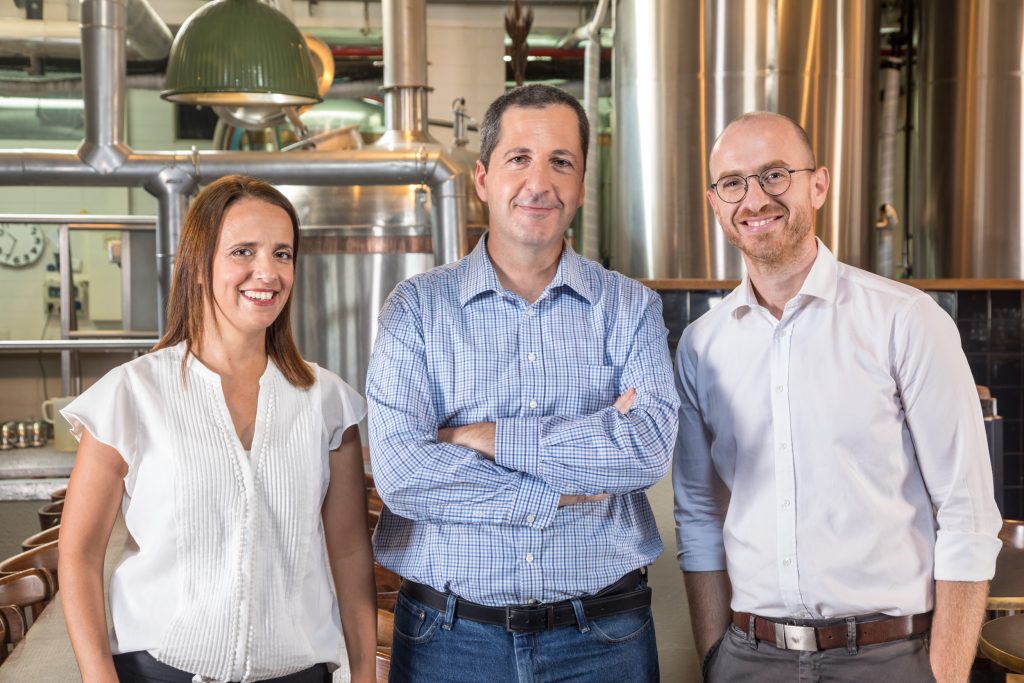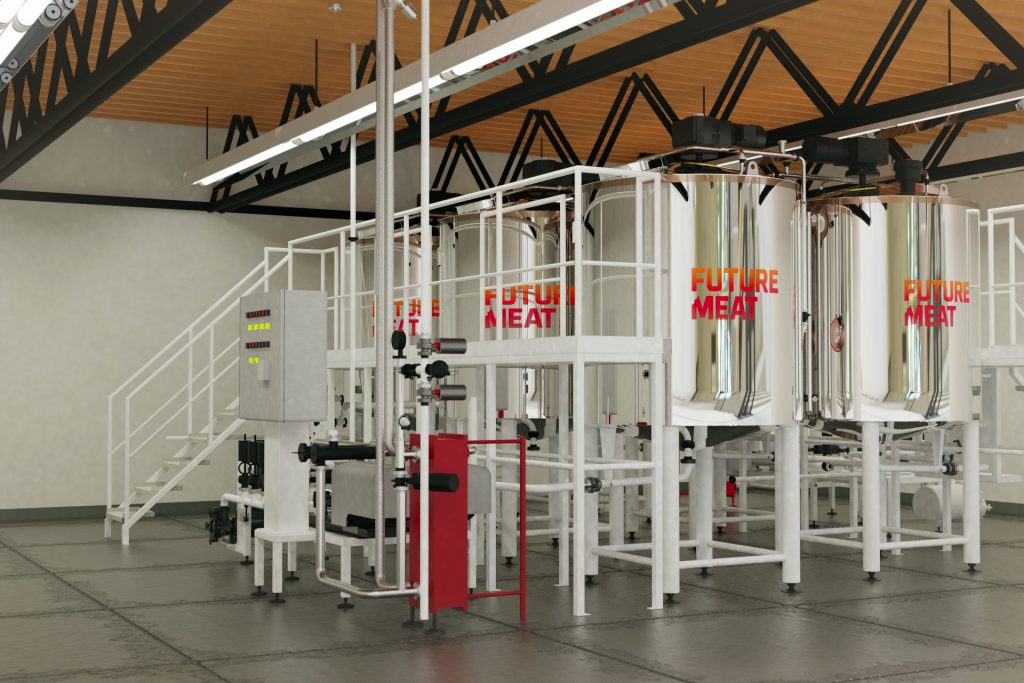Future Meat Technologies, an Israeli company that develops lab-grown meat, announced on Thursday that it was opening what it termed the world’s first cultured meat production plant near Tel Aviv next year, amid a new investment of $14 million.
The Series A funding round was led by S2G Ventures, a Chicago-based venture firm that was also behind the initial public offering of US plant-based meat substitutes producer Beyond Meat, and EmeraldTechnology Ventures, a Swiss-based venture capital firm.
The round also included strategic investors such as Tyson Ventures, the venture arm of food giant Tyson Foods, Henry Soesanto, the CEO of Monde Nissin, one of the largest producers of meat alternatives, Manta Ray Ventures, a UK-based venture capital firm, and Bits x Bites, a Chinese food, and agriculture tech VC firm. This is Tyson Ventures’ second investment in Future Meat.
Future Meat said in a statement that the funding will be used to expand the company’s R&D efforts and build the facility in the city of Rehovot, with operations set to begin in 2020. It also noted that the investment is the second large investment round in the cultured meat sector in Israel to date, with Aleph Farms raising $12 million in May.
Future Meat said this development indicated “significant interest from the financial community in the entire meat market, amid growing demand for sustainability in the face of deforestation and climate change.”

“With this investment, we’re thrilled to bring cultured meat from the lab to the factory floor and begin working with our industrial partners to bring our product to market,” said Rom Kshuk, CEO of Future Meat Technologies, in a statement.
Founded in 2018, Future Meat Technologies pioneered a cost-efficient, GMO-free production of meat directly from animal cells, without the need to raise or harvest animals.
The technology is based on the work of Professor Yaakov Nahmias of the Hebrew University of Jerusalem and is licensed through its technology transfer company, Yissum. Nahmias serves as Chief Scientific Officer of Future Meat. He has previously noted that Future Meat is the only company that can produce animal fat without harvesting animals and without genetic modification.
Future Meat’s process uses the rapid growth of connective tissue cells, called fibroblasts, to reach high densities before turning the cells to cultured muscle and healthy fats. The company says it aims to introduce hybrid products – combining plant proteins for texture and cultured fats that create the distinct aroma and flavor of meat.

With current small-scale production costs of $150 per pound of chicken and $200 per pound of beef, Future Meat Technologies says it plans to release its hybrid products at a competitive cost level from its pilot production facility by 2021 and launch a second line of 100 percent cultured meat products at a cost of less than $10 per pound by 2022.
“I personally want to make sure my children and grandchildren will be able to enjoy the same meat dishes that I grew up with,” Nahmias said in a statement. “The worldwide demand for protein is growing exponentially, and the only way to meet this demand is by fundamentally reinventing animal agriculture. Future Meat Technologies created a cost-effective solution for cultured meat manufacturing that is scalable and sustainable by design,” he added.
Sign up for our free weekly newsletter
SubscribeIn a phone interview with NoCamels, Kshuk acknowledged the moment the lab-grown meat industry was having, including in Israel (with Aleph Farms, a clean meat startup that unveiled the world’s first lab-grown steak, for example).
“Cultured meat has the big promise of changing how we eat, how we grow animals and consume meat. But the challenge is the huge cost,” he says.
When making cultured meat, “99 percent of the cost is the nutrients” at approximately $400 per liter, explains Kshuk. Future Meat’s focus is on looking at different methods to handle this process: reducing the volume of nutrients, using a different concentration, and sourcing low-cost alternatives. All while not compromising on health.
“We’re aiming to move from the pharma world to the food world” by developing commercially viable solutions to production costs, says Kshuk.
The plant will serve two key purposes, he tells NoCamels. First, the facility will employ biologists and engineers who will experiment with the engineering and the composition of products, first the hybrid product of plant-based proteins and cultured meat, and then with the cultured meat itself. And second, the plant will produce a larger volume for products in collaboration with Future Meat’s partners.
Kshuk is careful to note that although Future Meat wants to produce larger volumes of its products, these products will still not be commercially available.
“What we are trying to do is make a sort of raw material so that meat companies, for example, will have a different section or branch that will cultured products this way,” he explains.
“Future Meat Technologies’ innovative approach offers a differentiated and exciting path forward in the development of cultured meat,” said Matthew Walker, managing director at S2G Ventures, in a company statement. “The Future Meat team has developed a technology platform and roadmap that offers the cleanest and most efficient means of cell-based meat production, both in terms of capital expenditure and cost per pound, that we’ve seen to date.”
Soesanto of Monde Nissin said: “I believe in our responsibility to provide healthy, better-for-you products for current and future generations. Future Meat’s disruptive technology offers real solutions for the Asian and global markets.”
Related posts

Resilient And Nutritious New Plant-Based Milk Aims To Make A Splash

Chocolate From Cultivated Cocoa Comes Without Environmental Toll

Plastic Fantastic: Startup Takes PVC Back To Its Crude Oil Roots




Facebook comments